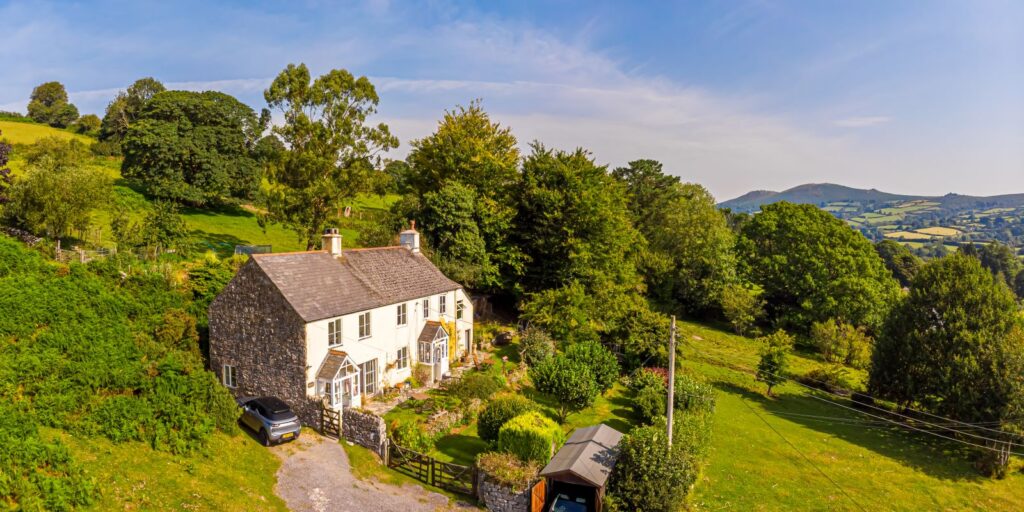Looming boiler ban risks pushing more farm businesses into fuel poverty
24th March 2023
Nearly three-quarters of off-gas grid rural homeowners are expected to fall into fuel poverty as a result of the government’s proposed 2026 fossil fuel boiler ban, with 69% of households unable to afford a replacement electric heating system, new rural polling data has shown.
Polling was carried out by Focal Data on behalf of Liquid Gas UK between 15 and 17 February 2023, surveying 1,012 people across the UK who live in properties not connected to the gas network.
The results have also shown 58% of homeowners living on off-grid property feel the 2026 fossil fuel boiler ban is unfair compared to the much later 2035 government ambition to phase out fossil fuels for those on the gas grid. When asked if government should abandon the policy, almost 60% responded with ‘yes’.
If current government plans are to go ahead, homes and agricultural businesses using oil, liquified petroleum gas (LPG) or solid-fuel heating systems would be unable to replace their heating system like-for-like should it break down after 2026.
The ban will affect farm buildings such as office spaces, outbuildings, milking parlors, grain stores, poultry sheds and barns. For larger non-domestic buildings, the target date for abandoning fossil fuel heating systems is even earlier, by 2024.
Research shows that the cost of replacing existing systems with an electric alternative, such as a heat pump, could cost rural homeowners between £15,000-£30,000 once retrofitting energy efficiency measures are considered.
The added concern of how to heat their homes and business comes at a time of increasing living costs for countless farmers and agricultural workers located in areas off the mains-gas grid.
Fuel poverty statistics released by Government last month (February 2023) showed that households in rural areas were almost 40% more likely to be in fuel poverty than their urban counterparts. The data also showed that for rural residents off the gas grid, over 20% are fuel poor compared to 12% on the gas grid.
George Webb, CEO of Liquid Gas UK, said: “These survey results clearly indicate that an electrification-first approach to decarbonising rural areas is both unaffordable and unfair.
“Government urgently needs to re-think its 2026 boiler ban for properties not connected to the gas grid and ensure we’re offering rural communities a choice in how they decarbonise, and ultimately, heat their homes and businesses.”
“The heating and energy needs of the agricultural sector are complex. As an alternative to electric technologies, Government should consider the benefits of renewable liquid gases, which are a low-carbon and drop-in alternative to LPG, in a mixed energy approach,” he added.
Mr Webb highlighted renewable liquid gases offer a versatile solution for hot water and space heating. “They can be used with existing LPG-ready systems across a variety of uses including livestock and crop care, glasshouses, powering generators and vehicles, with up to 90% emissions reductions.
“Renewable liquid gases offer rural communities and farm businesses greater choice and reduce the risk of financial burdens in the path to decarbonisation,” he concluded.
To learn more about renewable liquid gases, speak to your LPG supplier or visit www.liquidgasuk.org

